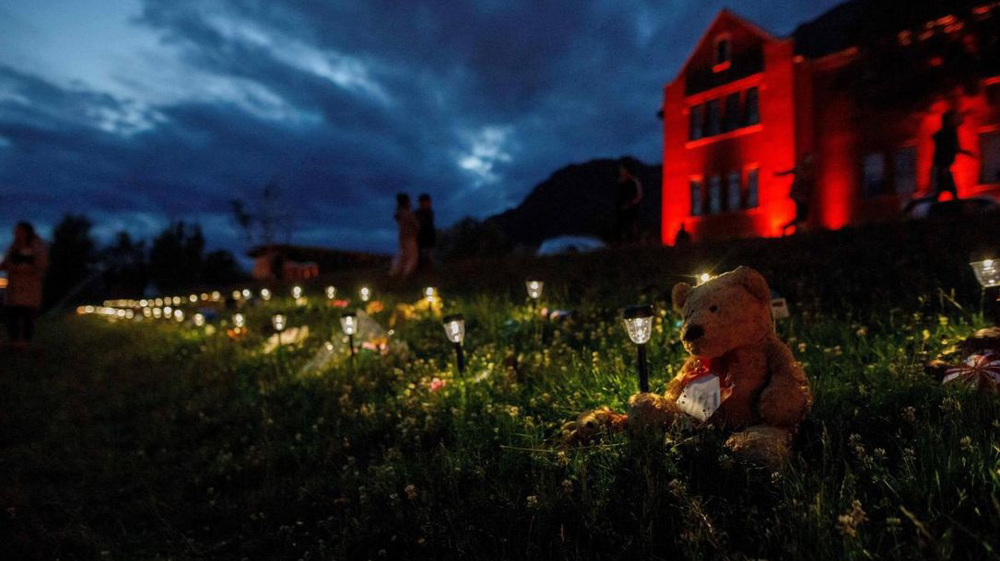
The demand was made during a two-hour private meeting between the members of the Assembly of First Nations and the Pope on Thursday.
The controversial papal orders, issued way back in 1455 and 1493, approved the forcible seizure of indigenous land in Africa and the Americas and were used in the so-called ‘Doctrine of Discovery’.
The group maintains that there is a direct correlation between the doctrine and the disappearances and deaths of indigenous women in Canada.
“If you look at our history…what happened since they landed on our shores, then basically its genocide,” Gerald Antoine, a senior member of the Assembly of First Nations, was quoted as saying after the meeting. “We need to right the wrong.”
Michelle Schenandoah, another member of the visiting delegation, said the doctrine had placed them “in this place of being invisible and dispensable.”
“Because we didn’t have souls, that gave the right for these explorers to do whatever they wanted with Indigenous Peoples — murder, rape, enslave,” he said, as reported by CBC.
Following the Thursday meeting, the members of the delegation exuded optimism that Pope Francis was willing to move toward reconciling the Church’s past.
“I feel the pope and the church have expressed a sentiment of working toward reconciliation,” Creen Nation Grand Chief Mandy Gull-Masty told the AP.
The delegates also urged the Pope to release all residential school records held by the Catholic Church, saying they expect him to soon apologize for the Church's role in the abuse at residential schools.
The schools, run between the 1830s and the 1990s, sought to assimilate indigenous children and destroy their culture and languages, with more than 4,000 children reportedly dying either from neglect or abuse in those schools.
Churches played a key role in establishing and operating the schools. According to some reports, the Roman Catholic Church, in particular, was responsible for running up to 70% of these schools.
This week's trip to the Vatican by the indigenous group marks the culmination of years of lobbying by them for an official apology from the Pope on behalf of the church to survivors and their communities.
A 2015 report by Canada's Truth and Reconciliation Commission (TRC) revealed across-the-board failures in ensuring the care and safety of children at the schools, saying it amounted to "cultural genocide".
More than 150,000 indigenous children were for more than a century separated from their families and communities by the schools, with many experiencing physical, mental, and emotional abuse.
The TRC study found that thousands of these children sent to residential schools never returned home.
One of the TRC's main “calls to action” for settlement of the long-standing issue - for the Pope to issue a clear apology to survivors and their families – is yet to materialize.
Indigenous delegations have in the past lobbied both Pope John Paul II and Pope Benedict but in vain. The latter issued a statement expressing regret in 2009 but stopped short of acknowledging the church's wrongdoing.
Dene National Chief Gerald Antoine, heading the First Nations delegation, called this visit another opportunity to help heal the centuries-old trauma.
"We've been wronged, and our people have always advocated and insisted that we need to right the wrong," he said ahead of the trip.
"A papal apology is absolutely required to advance the healing and moving forward."


No comments:
Post a Comment